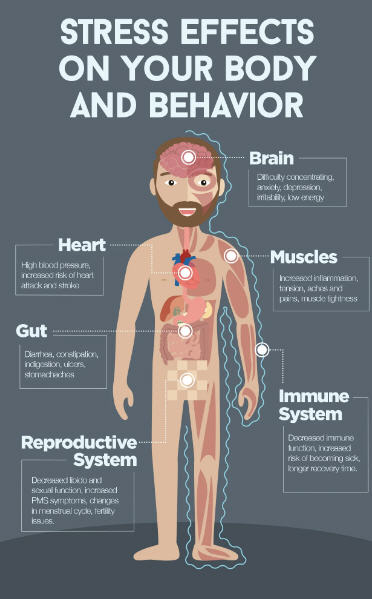Coenzyme Q10 (CoQ10) is a nutrient that is essential for heart health. It is a vitamin-like compound that is found in all of the body’s cells, but it is especially concentrated in the heart, liver, kidneys, and brain. CoQ10 is essential for energy production in the cells, and it also helps to protect the cells from damage caused by free radicals.
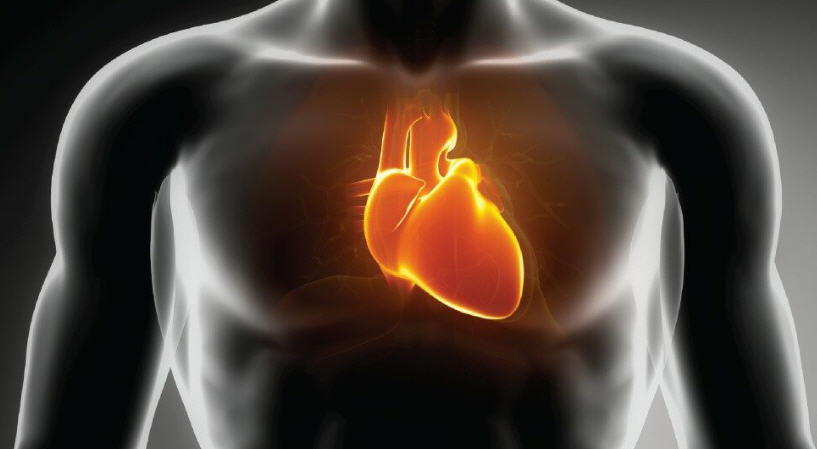
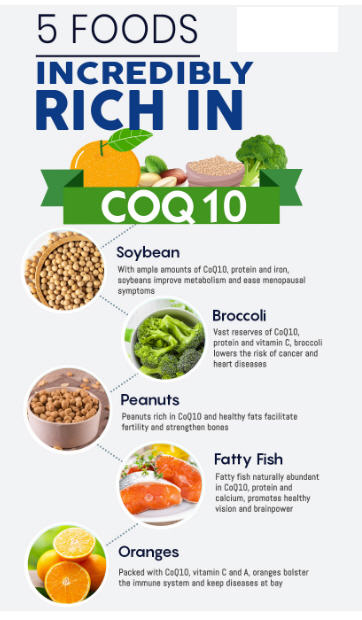
Free radicals are unstable molecules that can damage cells and contribute to the development of heart disease and other chronic diseases. CoQ10’s antioxidant properties help to protect the heart and other cells from the damaging effects of free radicals.
CoQ10 levels tend to decline with age, and this may be one of the factors that contribute to the increased risk of heart disease in older adults. Studies have shown that CoQ10 supplementation can improve heart function in people with congestive heart failure. CoQ10 has also been shown to reduce the risk of heart attacks and strokes in people with heart disease.
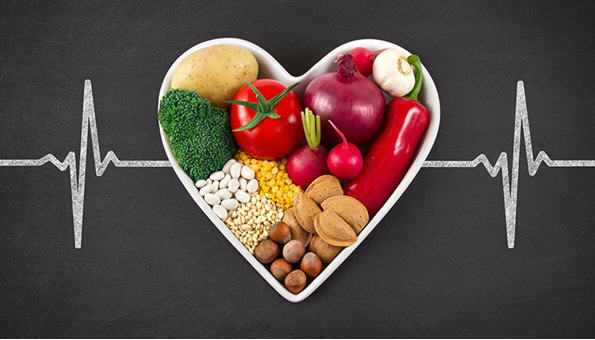
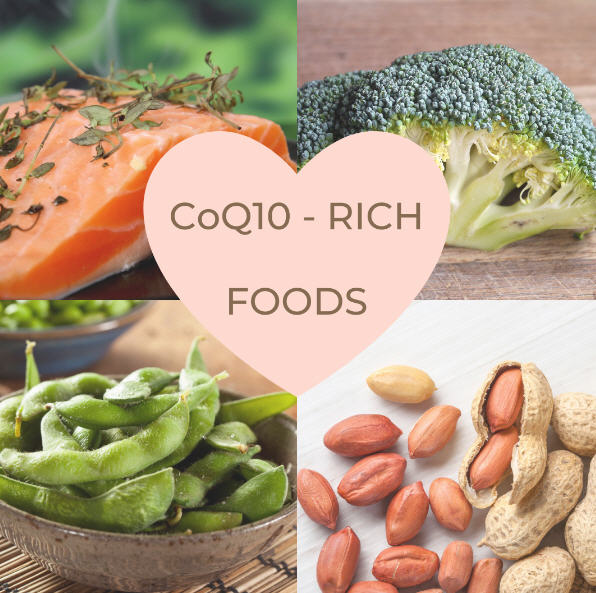
Here are some of the specific ways that CoQ10 benefits the heart:
- Improves energy production: CoQ10 is essential for energy production in the heart cells. By improving energy production, CoQ10 can help the heart to function more efficiently.
- Protects the heart from damage: CoQ10 has antioxidant properties that help to protect the heart cells from damage caused by free radicals.
- Reduces inflammation: CoQ10 has anti-inflammatory properties that can help to reduce inflammation in the heart. Inflammation is a risk factor for heart disease.
- Improves blood pressure: CoQ10 has been shown to lower blood pressure in people with high blood pressure. High blood pressure is a major risk factor for heart disease.
How to get more CoQ10
CoQ10 is found in some foods, such as meat, poultry, fish, eggs, and whole grains. However, it is difficult to get enough CoQ10 from food alone. CoQ10 supplements are available over-the-counter at most pharmacies and health food stores.
The recommended dose of CoQ10 for heart health is 100-200 milligrams per day. However, it is important to talk to your doctor before taking CoQ10 supplements, especially if you have any underlying health conditions or are taking any medications. CoQ10 may interact with certain medications, so it is important to make sure that it is safe for you to take.
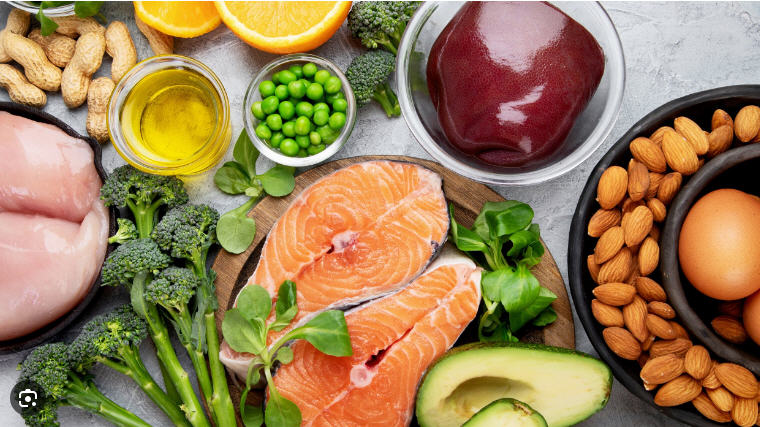
Conclusion
CoQ10 is an essential nutrient for heart health. It helps to improve energy production in the heart cells, protects the heart from damage, reduces inflammation, and improves blood pressure. CoQ10 supplements are available over-the-counter and are generally safe for most people to take. However, it is important to talk to your doctor before taking CoQ10 supplements, especially if you have any underlying health conditions or are taking any medications.
Suppliments you might want to consider only AFTER you consult your doctor.















